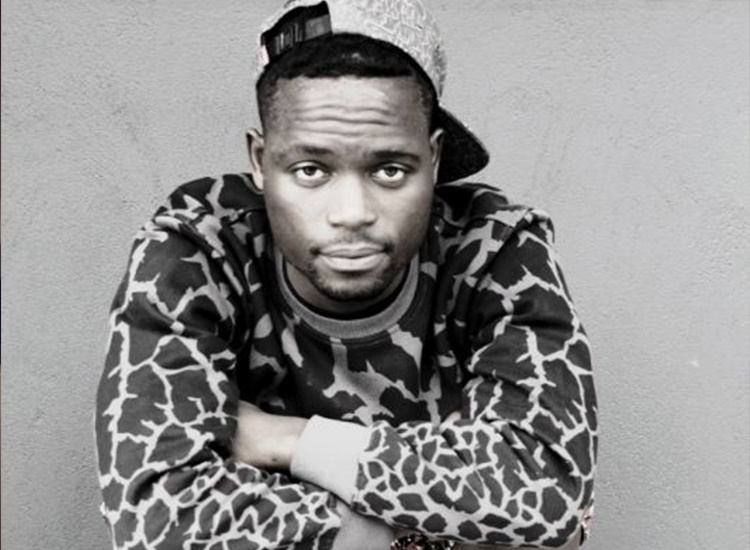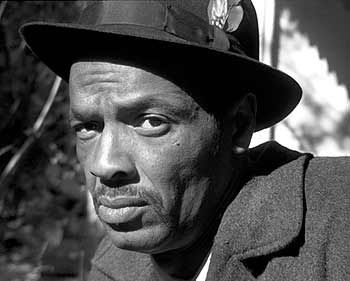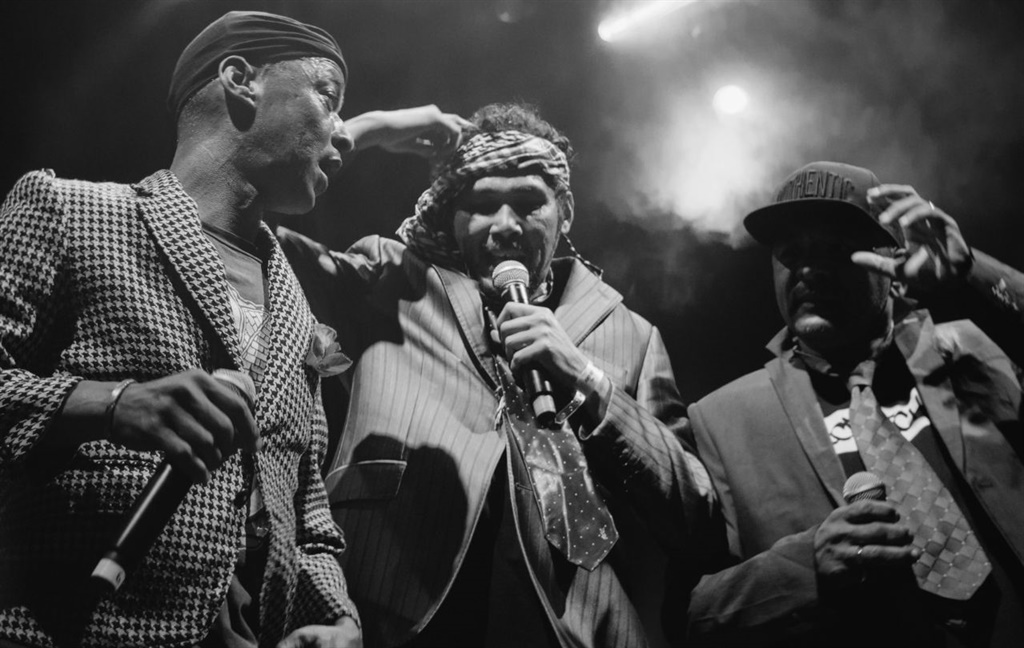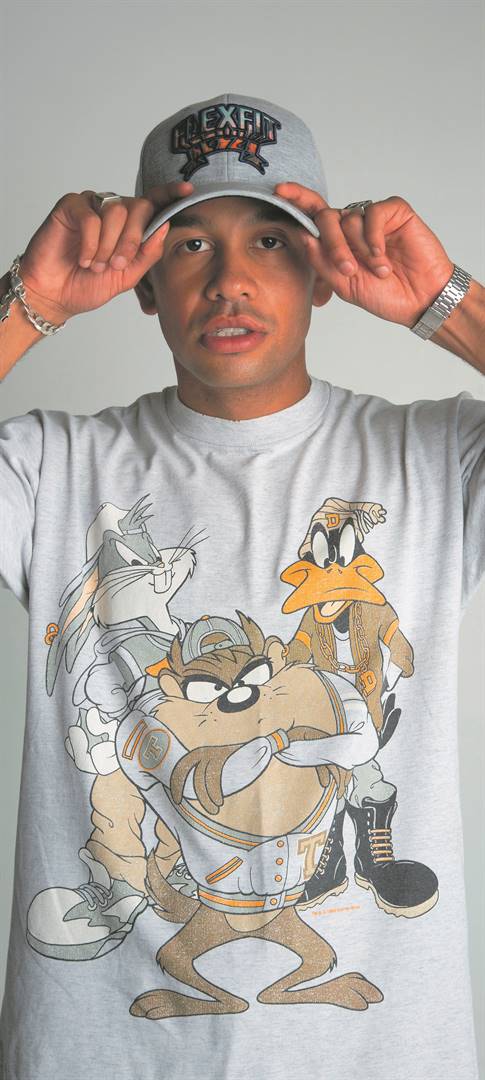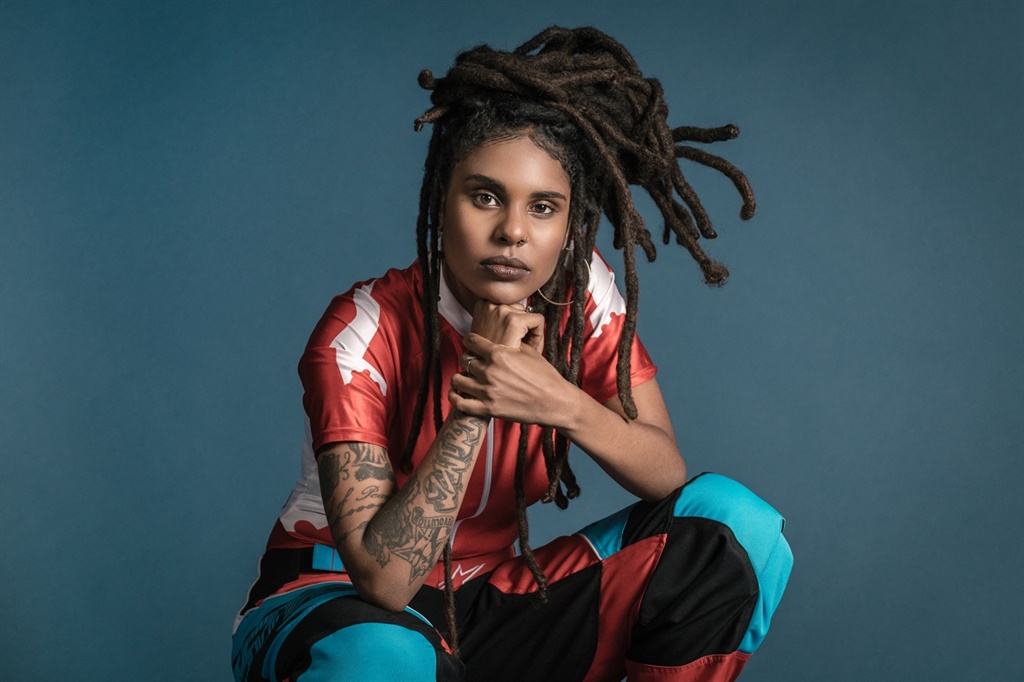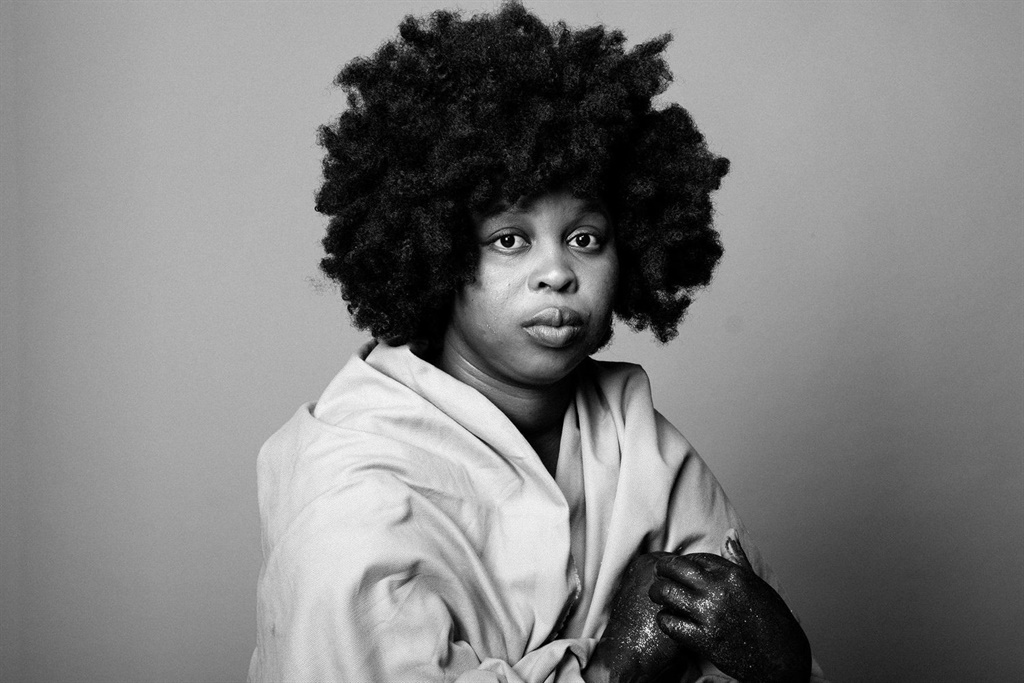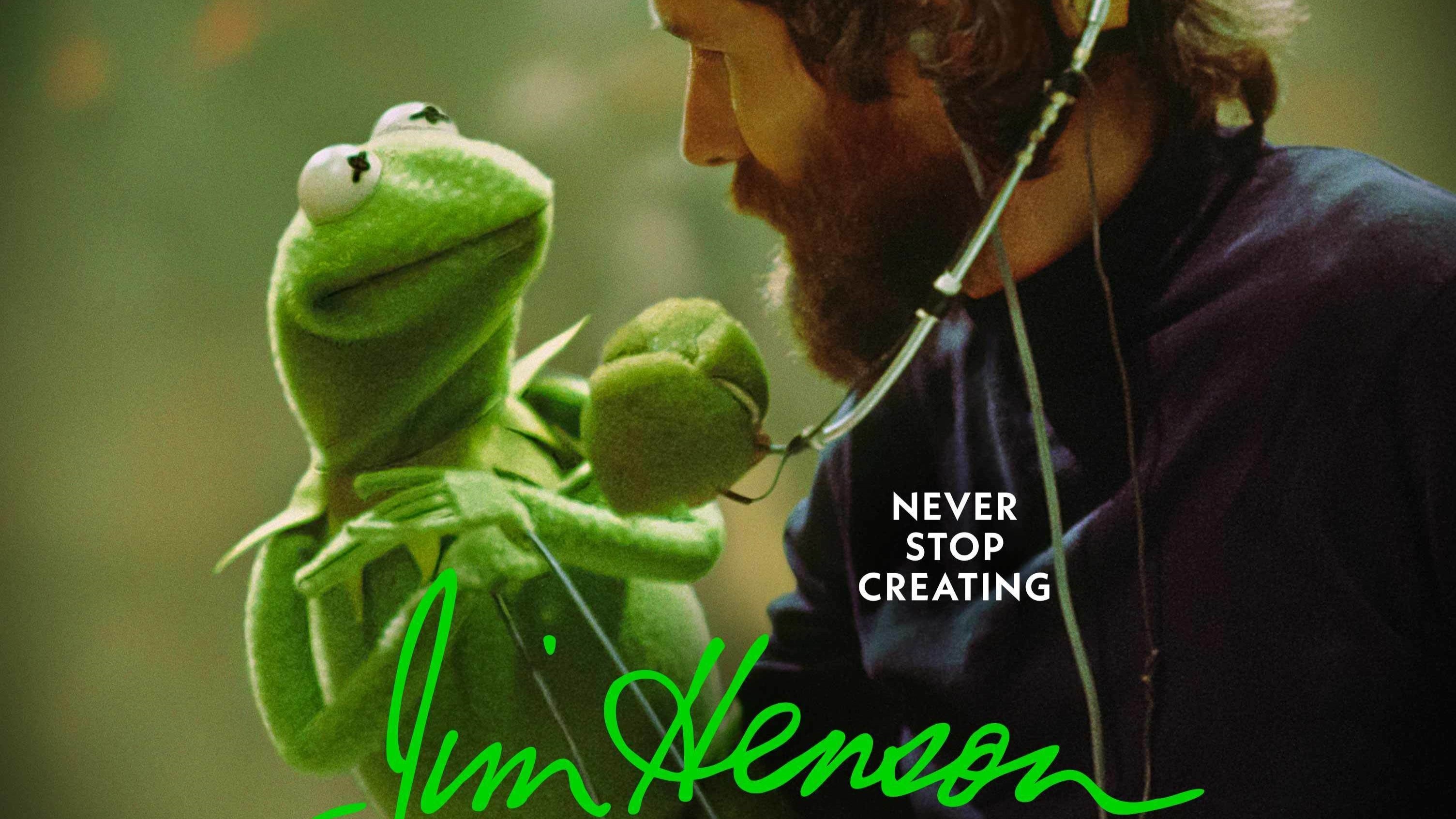Some criticise today’s Cape Town hip-hop artists for being too concerned with themselves as a brand and not concerned enough with what they’re saying in their songs. But the landscape is rich with conscious, interesting artists who are wrestling with the city's fraught history through their rhymes, writes Sihle Mthembu.
Cape Town is a city born on the back of slaves.
That said, it’s not that easy to pick up that part of the city’s history. It’s a part of the world sold as a tourist’s dream, with its scenic beaches and rolling winelands.
It’s the ultimate destination for a little time out. What you might not know is that, not long ago, those scenic beaches were segregated by race and that today, 25 years into South Africa’s democracy, the city’s winelands have some of the most underpaid workers in the country – some earn as little as R15 an hour.
As you move beyond the simulated beauty of the city centre to the outskirts, you find people pushed out of their homes due to gentrification and shacks made of corrugated iron that face multimillion-rand estates. This has become the norm.
The city’s townships don’t make the travel catalogues because they embody the inconvenient history of a past that is unrectified. Some of the poorest people in South Africa live in Gugulethu and Khayelitsha, but so does the real soul of this city. Cape Town’s booming hip-hop scene exists as a response to this reality.
The tropes of the Cape Town hip-hop scene are familiar. Usually, they’re artists from poor and underserved communities who are forced to weave their way in and out of each other’s circles to reimagine the city’s sound, culture and slang, and to document the contradictions of life in the area.
One of them is E-Jay, a notorious Cape Town rapper whose relationship with cliques is promiscuous at best. “I love my city, man, not just because it made me, but just for the mere fact that I’m from Cape Town.
We are our own country, we are different – like we’re cut from a different cloth – and I’m glad that the rest of South Africa is waking up to that.
It took some time, but the time is finally here,” he says.Although only now gaining some attention, Cape Town’s history with hip-hop runs deep. It is also deeply rooted in protest music.
As early as the mid-80s, you could hear bands including Mac McKenzie and The Geniuses lay the foundation of the city’s rap punk sound through the use of sharp eight-bar rhyme schemes, all underpinned by live instrumentation.Perhaps the most famous rap group to emerge from the debris of the hand grenade-filled 80s is Prophets of Da City.
They gained national and international notoriety for their political messages with songs like Roots from their 1989 landmark album Our World Released, a mellow anthem about having pride and rejecting cultural appropriation.
Embracing the new way
The current crop of Cape Town’s rappers embodies a provocative culture that is increasingly at odds with earlier incarnations of the city’s hip-hop music and this makes OGs like Lance Stehr, a founding member and manager of Prophets of Da City, more than a little uncomfortable.
“I think the amount of money and the focus on it is a little dangerous because it makes people so willing to compromise their values. If you want to see what some of these artists are really about, just put money in front of them and see how they react. That’s why not so many last,” says Stehr.
But rapper E-Jay defends this new reality and points out that it’s part and parcel of embracing today’s landscape, where artists have to play popularity games.
“Firstly, I believe this music is not just about the music – we all know that, in this industry, music is 10% and 90% is business – but what people don’t get is that it’s a package. It all boils down to social media, how you act in public, what you do as your hobbies, your performance and ability to kill a show, and your personality on and off camera.”
But Cape Town, despite its historic ties to hip-hop, has never seen or sold itself as a hip-hop city. Rather, it is associated with jazz, largely because of the iconic Cape Town International Jazz Festival, as well being the birthplace of jazz icons such as Abdullah Ibrahim and Kyle Shepherd. Cape Town also has its umbilical cord tied to the electronic music scene through beloved acts like Sibot, Markus Wormstorm and Felix Laband. It’s a carefully curated scene with events like the Cape Town Electronic Music Festival.
Ma-B, a member of rap group Driemanskap (who are revered for their chicken grease raps known as Spaza), says that, although their sound is deeply rooted in Cape Town, they’ve had to abandon their idealism about the city.
“The Cape Town scene is very skills based – the art is more important than anything else. Most rappers take their craft very seriously and often refuse to move with the times because they feel that would dilute their craft,” he says.
This is probably the reason most talented Cape Town rappers don’t make it to the mainstream, but tour a lot in Europe, Ma-B says.
“We believe that relocating to Joburg was long overdue. Even the masses have been singing that song for far too long. As much as we love our Mother City, at some point moving to Jozi became a priority due to circumstances. Jozi has a lot more opportunities than Cape Town, especially for the music industry,” he says.
“Jozi is where the media is at, as long as you position yourself by having good associations and keeping your connections.”
Have you heard about YoungstaCPT?
If you’ve been reading #Trending for any stretch of time, you’ll know who YoungstaCPT is. But if you don’t, let’s take a little detour here so that I can tell you about this guy. For many years, Youngsta was Cape Town’s best kept secret. His stretch of over 30 mixtapes (one of which had 55 songs) during his 10-year career has become something of legend and a template for musicians coming after him to either follow him, or even surpass him.
READ: YoungstaCPT's Things Take Time may be the rap album of the year
Youngsta’s music is a meeting of worlds. Islamic culture, coloured slang, Cape Town cuisine and the city’s insatiable appetite for violence are just some of the references that make their way into his sound. His debut album 3T (which stands for Things Take Time) is a collection of 22 songs – boom bap raps laced with napalm.
READ: Die kaapstad naaier
“Historically, hip-hop in South Africa started in Cape Town – Mitchells Plain to be exact. So it’s only right that it returns to its origins. I’ve contributed a lot to the growing popularity of hip-hop in the city, especially among the younger generation, so I think we just made it cool to be local again,” he says.
Youngsta could easily be regarded as the radiant child of this brave new hip-hop world, though it’s not as simple as all that. In his music, the past casts a dark cloud over the present and refuses to let go, so his solution has been to appropriate it. Which is why he even goes by the moniker of Young Van Riebeeck, a reference to the colonial madman who settled in Cape Town in 1652 and started a shitstorm that still courses through the veins of the country.
“I’ve made it my duty to try to educate listeners audibly and visually. There is a lot of history in the Cape that people are unaware of nationally, so I try to incorporate it in my music for youngsters to see that, even though I’m hip or trendy, I still have substance in my music. Basically, there’s always a message, no matter what verse or song I write,” he says.
READ: Youngsta CPT's booming record
Although Youngsta’s records are always full of slick bravado, there is a quivering in the music that is impossible to ignore, and it has never made its presence more felt than it does on 3T. This is an album that cracks open new pavement on two fronts.
Firstly, the laughs are rarely intentional in South African hip-hop, not because the music itself is humourless, but because few emcees exercise it with any real skill. Being funny and convincing is an art few performers in this part of the world put any effort into perfecting as part of their rap arsenal. Youngsta isn’t that at all – his sense of irony and humour is effective and affecting because he is always the primary victim in his jokes.
Secondly, what is also true about South African hip-hop’s pioneering spirit is that it forms a loop around itself – it seems as if everything has been done so nothing new can be done. But a truly original concept is at the centre of 3T – a time capsule of coloured history in this city and in South Africa.
“We have a variety of cultures and ethnicities, but, in my opinion, it’s the Cape coloured people who make Cape Town unique. I mean, we even have the word ‘Cape’ in our name,” Youngsta says.
“I think being from Cape Town and being a coloured person comes with a totally different stereotype. People think I’m a gangster or that I have false teeth or I grew up in poverty and, yes, some of those factors have been in my life since childhood, but the essence of my music is still conscious and true to what hip-hop stands for: representation.”
Youngsta takes an extended interview with his grandfather – they speak about how apartheid changed the geography of the city and the lives of the dispossessed – and sprinkles it throughout the album.
“Hip-hop schooled me on one thing all rappers had in common, which was to be proud representatives of their community,” he says.
3T is a work whose value extends beyond the reach of hip-hop. For the first time, we are allowed to eavesdrop on an intergenerational conversation between two coloured men born and raised in a city that tries to push them out.
3T is an extension of work done by Eusebius McKaiser in his books of social criticism such as Run Racist Run, as well as that of film makers Sarah Summers and Kelly-Eve Koopman in their web series Coloured Mentality. 3T is the kind of record you can only make when you know where you come from and are one of the few who made it out. It’s a retelling of what you saw in the flames.
Same but different
Cape Town also boasts an unusually diverse hip-hop scene largely because of its unique cultural makeup. Musicians flit between the three languages that dominate the city, namely English, Afrikaans and isiXhosa. The scene here is also quite queer, and this has spawned a subculture of queer hip-hop that is not as present anywhere else in the country.
Dope Saint Jude is one of the success stories of this increasingly queer scene. With an infectious and fluorescent sound, her music is full of uncanny thematic range. Unrequited love, a love of motorcycles, partying in the city, race and mental illness are just some of the items on her menu.
“I talk a lot about my experiences living in Cape Town. Mostly what stands out is my experience of race in Cape Town. People expect a hip-hop sound, but I consider myself genre-less. I use hip-hop as my medium sometimes, but it’s strange when people expect ‘pure’ hip-hop. Those themes are just part of my reality. It is important to remain authentic, and those are my honest experiences,” she says.
Women are also omnipresent in all levels of music making around here, from in front of the mic – Dope Saint Jude, Andy Mkosi, Kanyi Mavi and MC Burni Aman – to behind the scenes as event organisers and hip-hop radio deejays like Robyn-Lee Pretorius. They are all making a name for themselves and doing their bit to break down the male-dominated wall in the hip-hop scene.
According to Mavi, the growth of the scene has also meant a splintering: “There was a time in Cape Town hip-hop history when one was required to go to the city to experience hip-hop. There were no spots in the townships or ghettos. This meant that everyone from everywhere met at one specific spot every week.
The movement was strong and visible. Over the years, hip-hop has spread to all townships and ghettos around the city. Each hood has its own spot where local rappers can do their thing. Cape Town hip-hop no longer has a central place. This then contributes to the disconnection between artists. It’s a double-edged sword. Growth is definitely happening, but in separate corners.”
So how do you cut through all this noise? Well, the city’s artists are finding new and innovative ways to connect directly with music consumers and develop new audiences. Exhibit A: Mkosi. She has been on tour for the past year and a half – and all shows have been sold out, even though she is mostly unknown outside of Cape Town.
This is because she hasn’t been bringing her brand of chill ego rap to huge stadiums or high-end music venues. Instead, she has been taking over people’s living rooms, performing to crowds of anything from six to 20 people. It’s an act that is as much about having direct and intimate contact with her audience as it is about her refining her craft.
“I was thinking a lot about space, and my fascination around people and how they interact with space. Generally, I am inquisitive about people’s bedrooms because I have never had one of my own, so I thought there was no better way to explore space than to perform in people’s bedrooms while getting to know those who support the music,” says Mkosi.
There is an excitement about the future and hope that, in time, Cape Town can not only have a hip-hop scene, but an entire industry.
After all, this is a city whose temperature is often warm, but its soul is on ice – mostly because of its refusal to reckon with its complex past. The current class of hip-hop musicians is trying to change that and, hopefully, through music, thaw the stories of the forgotten people of this city into the 21st century.




 Publications
Publications
 Partners
Partners




